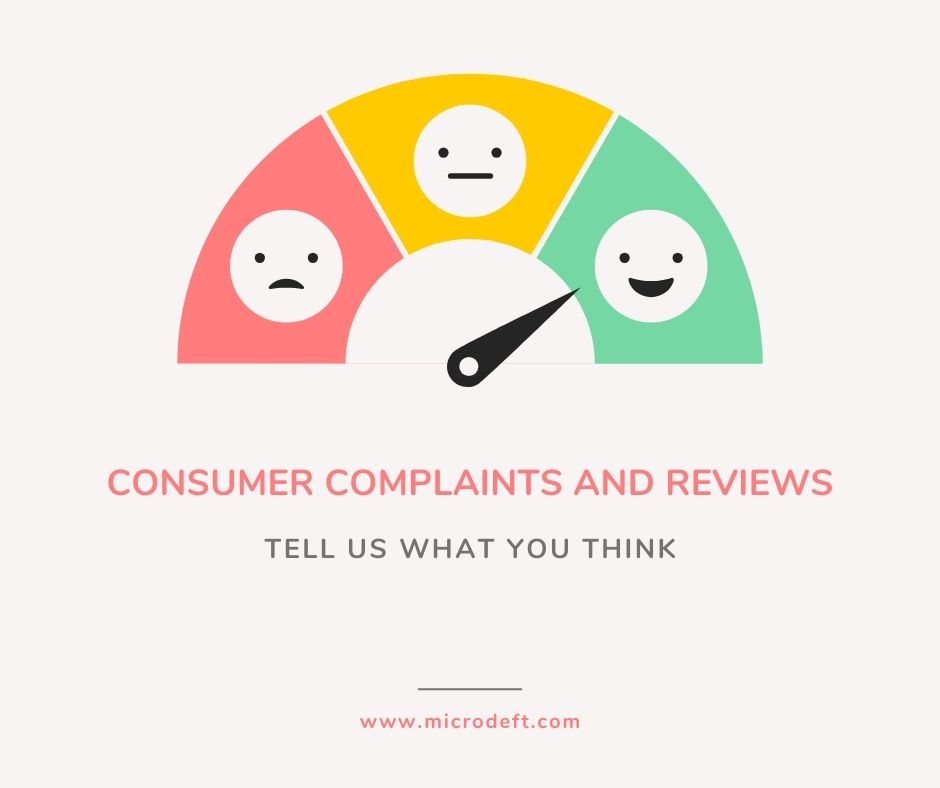Introduction to Consumer Complaints and Reviews
The Rise of Online Reviews in Modern Consumerism
In today’s digital age, the importance of consumer complaints and reviews has skyrocketed. Whether it’s through platforms like Amazon, Yelp, or Google, reviews have become the bedrock of consumer decision-making. Studies show that nearly 90% of consumers read online reviews before making a purchase, with most of them trusting online feedback as much as personal recommendations. This shift is largely due to the fact that online reviews offer social proof and real-life experiences that can influence purchasing behavior.
As consumers, we are more likely to turn to the internet to check what others have experienced with a brand or product before committing our hard-earned money. When things go wrong, a bad review can quickly become a public record of dissatisfaction, pushing businesses to act fast in resolving issues. On the other hand, positive reviews are a powerful marketing tool that can help businesses grow their customer base. In essence, online reviews have become a form of digital currency, directly influencing the way businesses operate.
How Complaints Affect Brands and Consumers
When complaints and negative reviews are posted online, businesses often face a difficult situation. A single dissatisfied customer’s review can spread rapidly, especially if the complaint is not addressed properly. Brands may see their reputation tarnished, which can lead to lost sales, decreased customer trust, and even a drop in search engine rankings.
However, complaints are not always a bad thing. For consumers, a complaint serves as a warning to others. It highlights potential issues with products or services and sets expectations. For businesses, complaints are an opportunity to improve. Many companies now actively monitor customer feedback to identify problems early, refine their products, and enhance customer experiences. A well-handled complaint can even lead to customer loyalty, as consumers feel heard and valued.
The Psychology Behind Consumer Complaints
Why Consumers Leave Negative Reviews
At the heart of every complaint or negative review is frustration. Consumers leave negative feedback when they feel that a product or service didn’t meet their expectations or when their issue wasn’t adequately addressed. The emotional reaction is often rooted in disappointment, anger, or helplessness, especially when the company fails to resolve the issue in a timely manner.
Interestingly, consumers are more likely to share a bad experience than a good one. A study by the Harvard Business Review revealed that negative experiences tend to stick with us longer than positive ones. This means a dissatisfied customer may be more motivated to leave a review than someone who simply received what they expected.
The Role of Customer Expectations
A key factor in the psychology behind complaints is the role of customer expectations. Consumers often have specific expectations of what they want from a product, service, or brand, based on their previous experiences or the promises made by the company. When these expectations are not met, frustration follows. This is particularly true when consumers feel they’ve been misled by marketing or advertising.
As competition grows in virtually every industry, customers’ expectations have also evolved. Brands now need to go beyond simply offering good products—they must offer excellent customer service and deliver on their promises. Failure to do so can result in dissatisfied customers, who might share their frustration through complaints and negative reviews.
The Different Types of Consumer Complaints
Product-Related Complaints
Product-related complaints are the most common type of grievance expressed by consumers. These complaints typically revolve around issues such as defects, poor quality, or a product failing to perform as expected. For example, a customer might complain that a product stopped working within a week of purchase, or that the item did not match the description provided on the website.
For businesses, handling product-related complaints is crucial. If a product fails to meet consumer expectations, it’s important to take swift action, such as issuing refunds, providing replacements, or offering a discount. Addressing these complaints in a timely manner can prevent negative reviews and maintain customer trust.
Service-Related Complaints
Service-related complaints often occur when a customer has a negative experience with the level of service they receive. This can range from long wait times to rude or unhelpful staff. A consumer might also complain if a company failed to deliver services within the promised timeframe.
For businesses, service complaints are often a reflection of operational inefficiencies or employee training issues. Addressing service complaints requires improving internal processes, offering better staff training, and ensuring that customers feel valued throughout their interaction with the business.
Customer Support Complaints
Customer support complaints happen when consumers feel they did not receive adequate assistance when they reached out for help. This could involve issues such as long response times, unhelpful agents, or unresolved problems.
These types of complaints can be damaging to a business, as customers often view customer support as the most critical touchpoint. Businesses that invest in providing prompt and effective customer support can significantly reduce negative feedback and improve their overall reputation.




